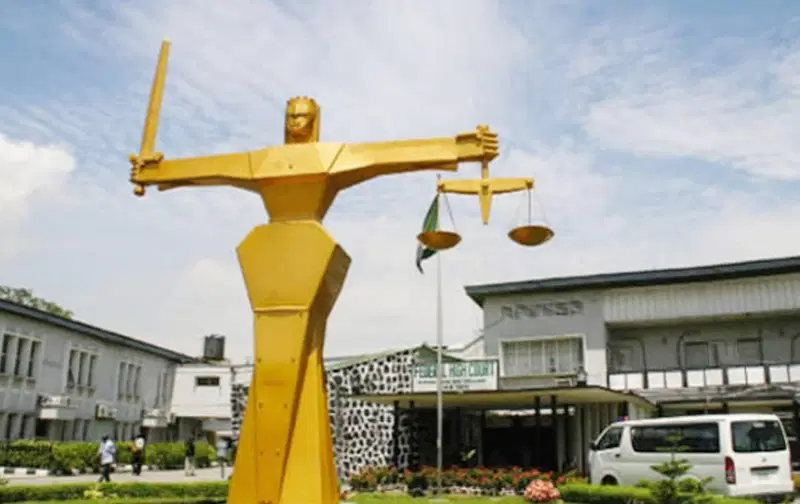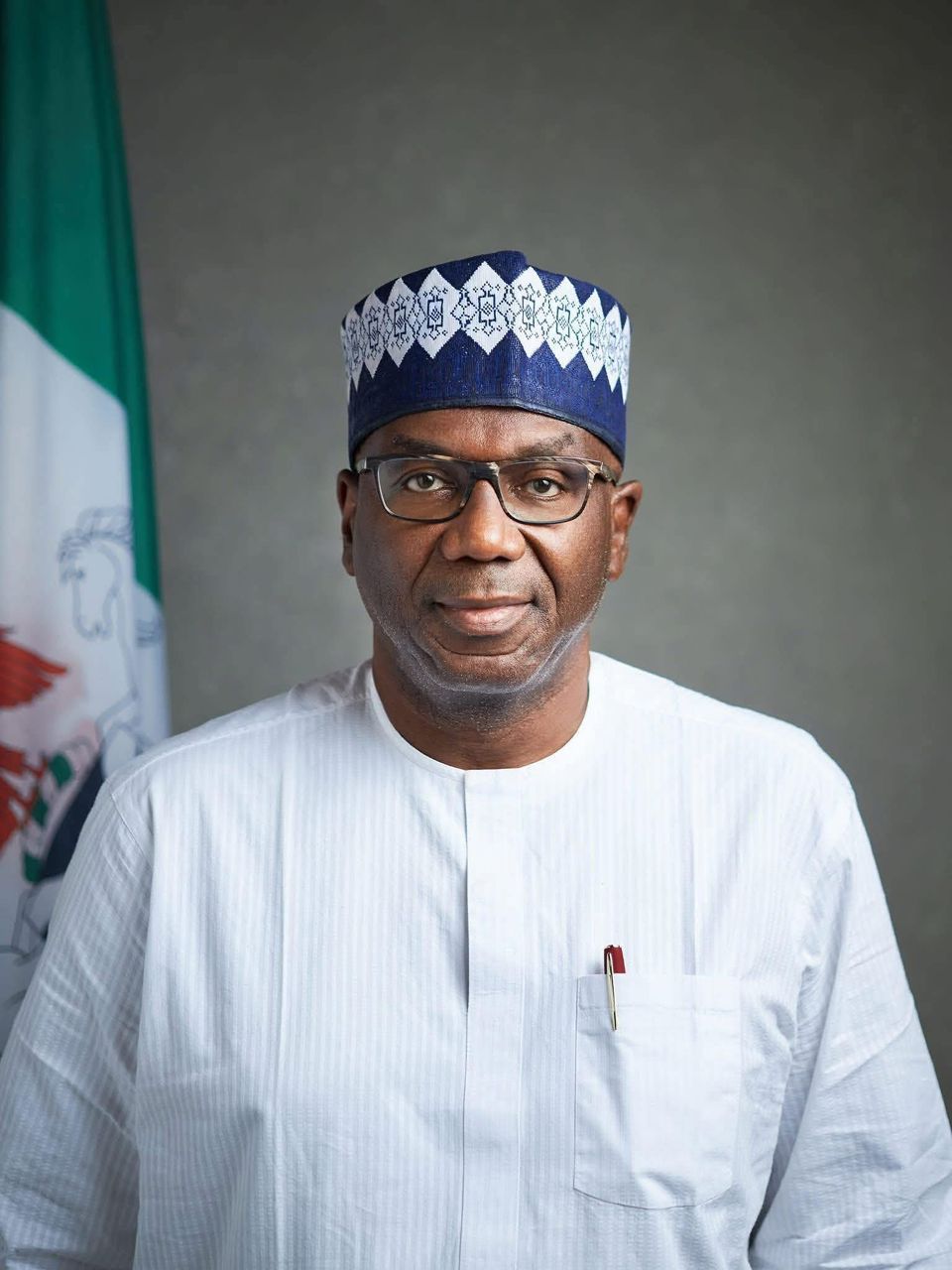Thousands of ethnic Armenians are fleeing Nagorno-Karabakh after Azerbaijan seized control of the disputed region last week. According to Armenian government figures, more than 3,000 refugees have crossed into Armenia, where many are now residing in government-funded housing in border cities like Goris.
The mass migration follows an announcement by the Armenian government in Yerevan, warning its citizens in the enclave of potential ethnic cleansing if they choose to stay. Azerbaijan has countered these claims, stating its intention to reintegrate ethnic Armenians as “equal citizens.”
Refugees arriving in Armenia describe a situation fraught with fear and uncertainty. “I gave my whole life to my homeland. It would be better if they killed me than this,” said one refugee, encapsulating the sentiments of many who believe they can never safely return under Azerbaijani rule.
The situation has also sparked anti-government protests in Yerevan, where more than 140 people were arrested on Monday, according to the Armenian Interior Ministry. Demonstrators are largely critical of Prime Minister Nikol Pashinyan’s handling of the crisis, accusing him of giving too many concessions to Azerbaijan.
Amid the political unrest, Pashinyan announced plans to accommodate up to 40,000 refugees but has yet to release a detailed plan. Armenian citizens have expressed willingness to take refugees into their homes, indicating a grassroots effort to deal with the crisis.
David Babayan, an adviser to Nagorno-Karabakh’s ethnic Armenian leader, told Reuters almost everyone is expected to leave the enclave. “99.9% prefer to leave our historic lands,” he said. “The fate of our poor people will go down in history as a disgrace and a shame for the Armenian people and for the whole civilized world.”
Nagorno-Karabakh, a mountainous region in the South Caucasus, has been under ethnic Armenian control for three decades, despite being internationally recognized as part of Azerbaijan. Five Russian peacekeepers were among those killed in the recent military offensive by Azerbaijan, which has raised questions about Russia’s stance in the conflict.
Armenia blames Azerbaijan for provoking a mass exodus, with Pashinyan stating that those in the enclave would “see expulsion from the homeland as the only way out” unless Azerbaijan provided “real living conditions” and “effective mechanisms of protection against ethnic cleansing.”
Meanwhile, humanitarian concerns are growing as aid deliveries to the region remain scant. Reports indicate that thousands are without basic necessities, taking shelter in basements and school buildings.
The crisis unfolds as the world watches, questioning the long-term implications for regional stability and human rights.
Advertisement





